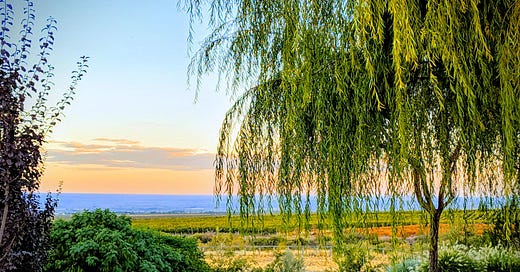Article 2: Sustainability and Environmental Considerations in the U.S. Alcohol Beverage Industry
Chapter 11: Emerging Trends and Future Outlook
In recent years, sustainability has transitioned from a buzzword to a business imperative. As consumers become increasingly conscious of their environmental footprint, industries across the board are feeling the pressure to adopt eco-friendly practices. The U.S. alcohol beverage industry is no exception. With its intricate supply chains, extensive packaging needs, and resource-intensive production processes, the industry has a significant environmental impact. However, forward-thinking brands are recognizing not only the ethical imperative but also the business opportunities that come with a green transition. Let's explore how the industry is embracing sustainability.
Eco-Friendly Packaging: Reducing the Environmental Footprint
Packaging plays a crucial role in the alcohol industry, influencing consumer perceptions and ensuring product integrity. However, traditional packaging materials, particularly plastics and non-recyclable components, contribute significantly to environmental degradation. Recognizing this, brands are innovating with sustainable alternatives.
Take Seedlip, a non-alcoholic spirit brand, which has transitioned to 100% recyclable packaging. Similarly, many craft breweries are adopting biodegradable six-pack rings, which, unlike their plastic counterparts, won't harm marine life if they end up in the oceans.
Sustainable Sourcing and Production: A Route to Ethical Consumerism
From the grains used in brewing beer to the grapes that become wine, the raw materials in alcoholic beverages have a story. Consumers today want to ensure that this story is one of ethical sourcing and sustainable production. Brands are responding by adopting organic and bio-dynamic farming practices, reducing water usage, and ensuring fair labor practices.
For instance, Patagonia Provisions, an offshoot of the outdoor clothing brand, has ventured into the beer industry with a focus on regenerative organic farming. Their approach not only reduces environmental impact but also enhances the soil's health, ensuring long-term sustainability. They work with many breweries, but two of theirs that fall under my favorites are Rhinegeist, from Cincinnati near where I grew up, and Allagash, one of the most likely to find in my fridge at home.
Innovative Green Initiatives: Arbikie Distillery's Hydrogen-Powered Production
A notable mention in the realm of sustainable practices is the Arbikie Highland Estate. They have embarked on a pioneering journey to become the world's first green hydrogen-powered distillery. By harnessing renewable energy from a newly installed wind turbine, Arbikie aims to drastically reduce its carbon footprint. This initiative, combined with their commitment to homegrown ingredients and sustainable farming, positions them as a leader in the industry's green transition.
Keep reading with a 7-day free trial
Subscribe to Booze Clues: Unraveling the Business of Adult Beverages with to keep reading this post and get 7 days of free access to the full post archives.




